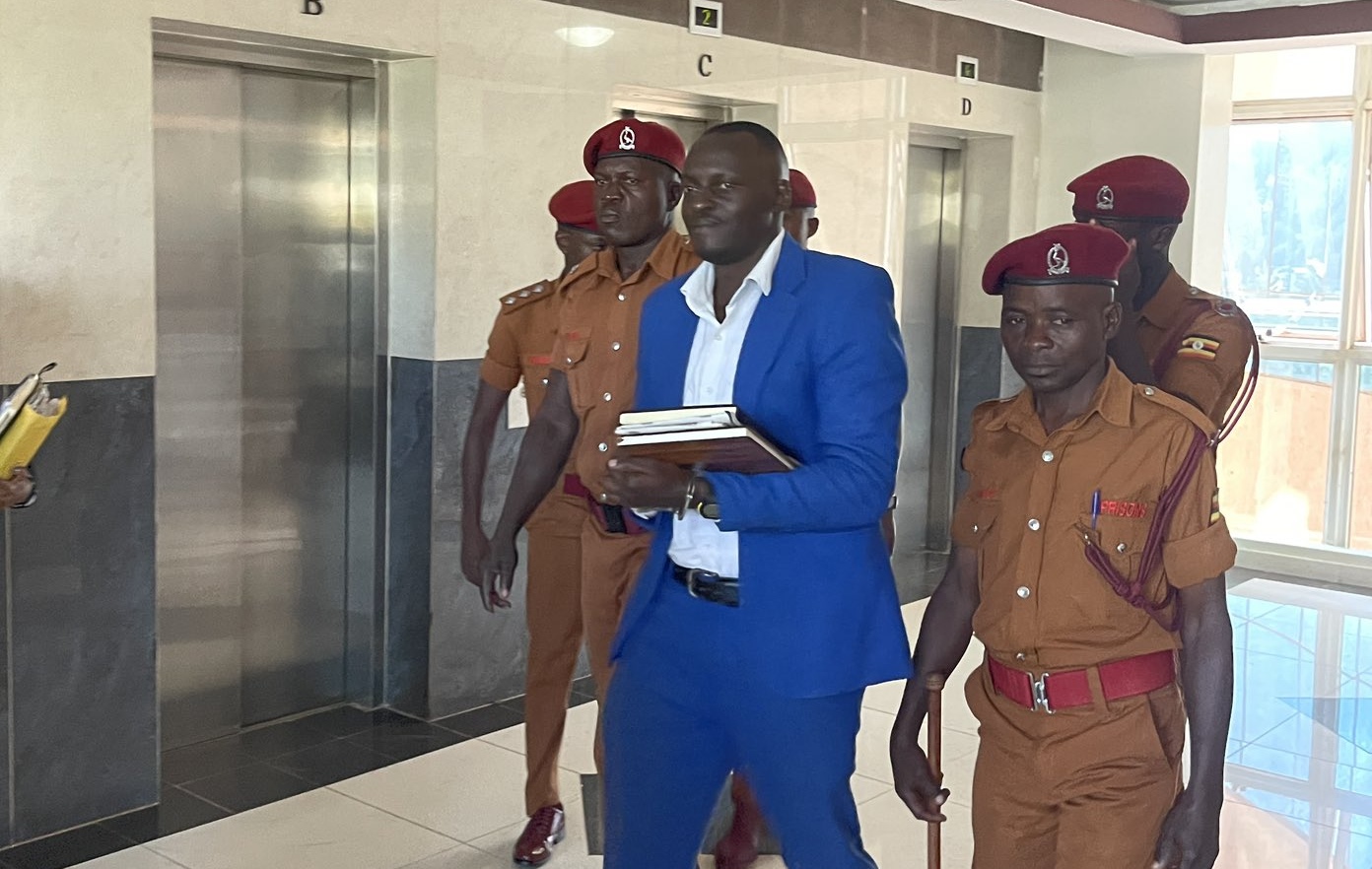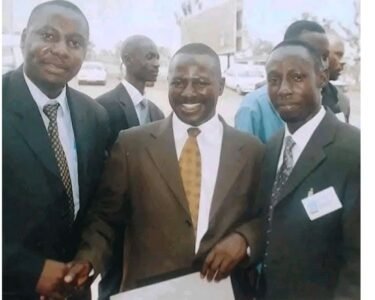The Director of Public Prosecutions (DPP) has objected to the temporary release of jailed lawyer Eron Kiiza, pending the hearing of his appeal challenging a nine-month sentence for contempt of court.
In response to Kiiza’s bail application, the prosecution raised nine objections, urging the court to deny his request. Among the key arguments presented were that Kiiza had failed to demonstrate exceptional circumstances warranting his release, his sureties lacked substantial authority over him, and there was no anticipated delay in determining his appeal.
The state further asserted that Kiiza was lawfully convicted of contempt of court and sentenced to nine months in prison under Sections 169(1)(g) and 211(9) of the Uganda People’s Defence Forces (UPDF) Act, Cap 330.
“The applicant, as an advocate, should have been fully aware of the decorum expected in court and conducted himself accordingly. His conviction serves to uphold the integrity of the judicial process, necessitating a restrictive approach to bail in such matters,” reads part of the prosecution’s submission.
Jurisdictional Dispute Over Appeal
In an affidavit opposing Kiiza’s bail, Chief State Attorney Joseph Kyomuhendo argued that the Court of Appeal lacks jurisdiction to hear his application.
“The applicant’s right of appeal is statutorily prescribed and falls under the jurisdiction of the Court Martial Appeals Court, not the High Court,” the affidavit states.
Kyomuhendo further cited the Supreme Court ruling in Constitutional Appeal No. 02 of 2021 (Attorney General vs. Hon. Michael A. Kabaziguruka), arguing that it applied only to civilians tried under Section 119(1)(g) (now 117(1)(g)) of the UPDF Act and did not extend to advocates convicted of contempt under Sections 169(1)(g) and 212(9) of the same Act.
Kiiza’s Defense and Bail Grounds
In his application, Kiiza argued that his conviction was unlawful, unconstitutional, and violated fundamental principles of justice, the rule of law, and good governance.
He maintained that his appeal before the Court of Appeal has a high likelihood of success and cited additional factors in favor of bail, including:
- His conviction did not involve personal violence.
- He has a fixed place of residence.
- He has presented substantial sureties.
- The sentence handed down by the now-defunct General Court Martial was illegal and unconstitutional.
“It is unjust and inequitable for the applicant to remain in detention as a result of an unlawful conviction and sentence,” his application states.
Background of the Case
On January 7, 2024, Kiiza appeared before the General Court Martial in Makindye as part of the legal team representing opposition leader Dr. Kizza Besigye. During the proceedings, he was allegedly involved in a confrontation with a court orderly over seating arrangements.
The then-presiding chairman, Brig. Gen. Robert Freeman Mugabe, convicted Kiiza summarily without granting him a hearing and sentenced him to nine months in Kitalya Prison.
Kiiza, however, contends that his prosecution violates the Supreme Court’s ruling, which stripped the General Court Martial of jurisdiction over civilians, and maintains that his continued detention is unlawful.
As the legal battle unfolds, all eyes are on the court’s ruling regarding his bail application and the broader implications for judicial independence and legal practice in Uganda.





